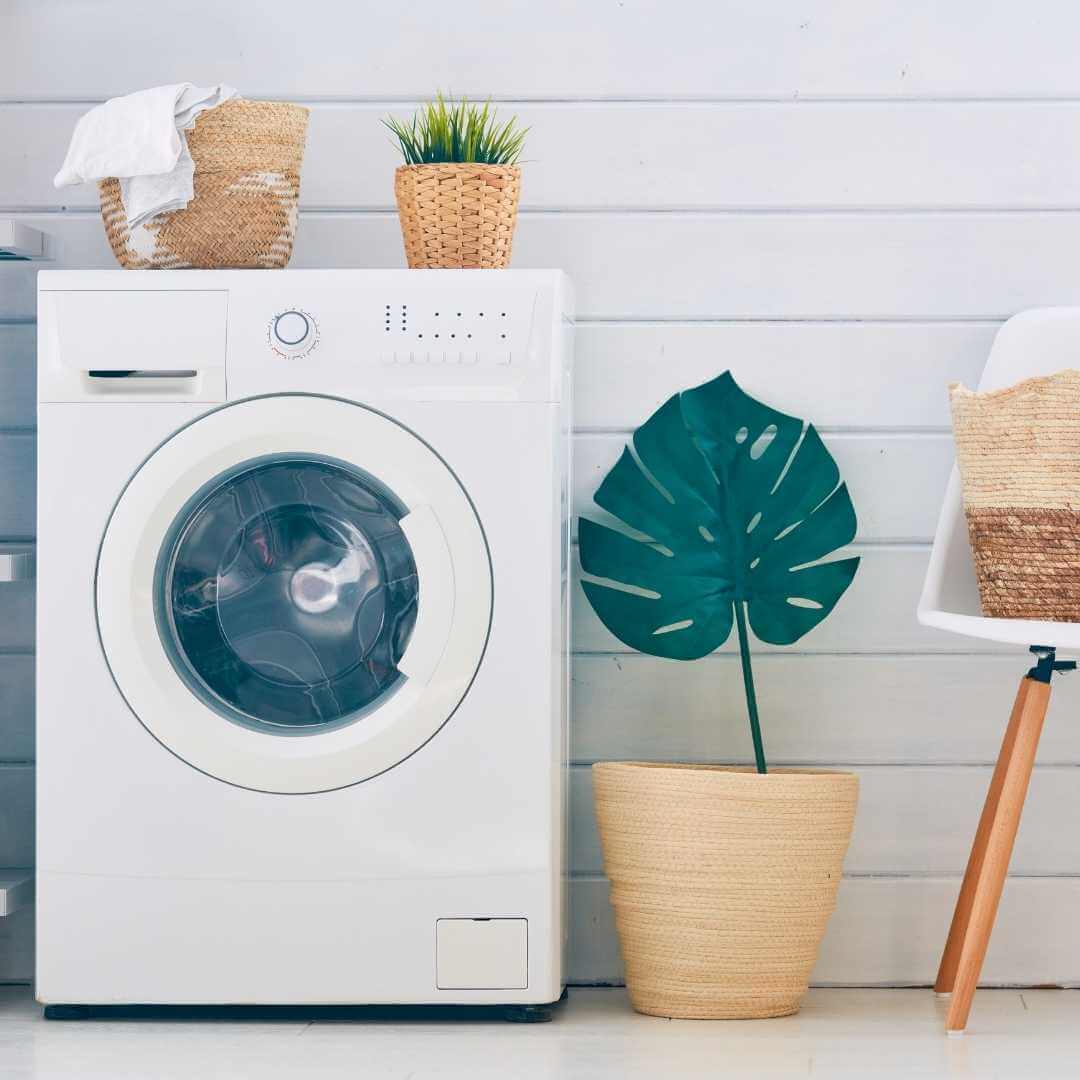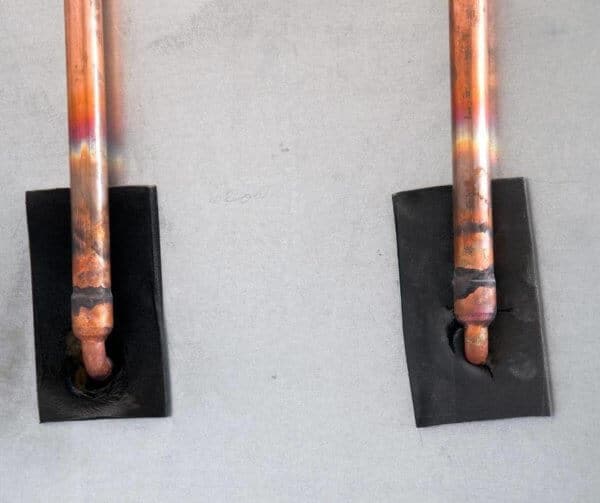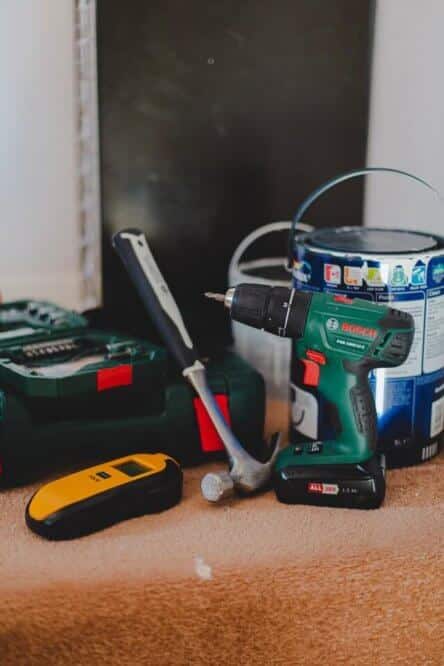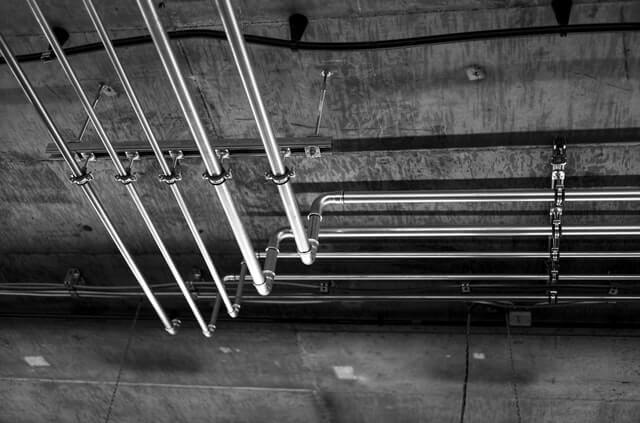Do you know how to fix water hammer?
You probably noticed a strange sound similar to pounding. You may hear them when the toilet shuts off or even when using the utility tub in the garage. Overall, noisy water pipes may feel uncomfortable.
In other cases, they may occur when your washing machine, dishwasher, or any other water-using appliance closes the water intake abruptly.
Metal pipes can bang loudly.
This further creates pressure in the pipes, which may result in serious pipe damage.
How to fix water hammer?

A water hammer is usually eliminated by turning the water off the house. After that, drain all pipes and let the air come in. Close all the valves after it’s drained. Turn the water back on; that way, shock absorbers will be filled with air instead of water.
This is because turning the water off creates a huge amount of pressure in those pipes. It will start banging badly if it doesn’t have somewhere to absorb the energy.
This should fix the problems, especially if it didn’t happen before.
If the previous method that we describe doesn’t work, you can try this.
1. Install an Air Chamber
Installing an air chamber is one of the simplest methods for fixing hydraulic shock or water hammer.
It is a short segment of vertical pipe installed near the valves.
This creates an effect of an air-filled pipe that acts as a tampon for the next time when water changes direction suddenly.
You may think you will need a plumber for this task.
However, even though a plumber would use ordinary pipes and fittings for fixing water hammer, you can purchase commercial air chambers that give the same effect, or capped pipes.
When you shut off a faucet or other water valve quickly, it is up to the air chamber to compress temporarily and absorb the shock.
Otherwise, spreading of the pressure through the pipes will cause them to bang. Even though many people install the air chamber somewhere near the washtub, it would be much wiser to install it at critical spots.
The only catch with the air chamber is that its function can cease from the moment when the water fills it completely.
That is why you should drain the entire water supply system periodically and restore the air chambers this way. If you wonder what the goal of this process is, it is restoring the shock-absorbing capacity of the air chambers.
However, we want to prepare you for some unexpected situations here.
Sometimes minerals and other debris may clog the air chambers, but the good news is that you can clean them easily. Just remove the caps and scour them out. If you want to prevent this, you can install chambers larger in diameter than the main plumbing pipes in your house. [1]
2. Secure Loose Pipes

Actually, the number one reason for pipes to cause such loud sounds is the fact they are not well secured. Another great thing is that you can prevent water hammer in the early phase if you make small adjustments.
Sometimes the pipes are too loose, and all you should do is to tighten pipe straps. If you want to prevent banging, it would be good to use foam pipe insulation and wrap it around the pipes.
However, you can’t do this in all areas of your house. The most approachable area is the basement, as pipes in here are usually more exposed and visible. You want to cushion the pipes, but there is an option to install some pipe sleeves, as they act as a buffer.
You will also be able to notice if there are any loose hangers or stripes. If so, secure and tighten them. Adding some additional pipe straps or hangers here would be great, as it will also prevent pounding.
However, as we already mentioned, this technique works best with milder and earlier phases of water hammer, severe one may cause damage to the pipes, and you will need another solution.
If you have copper plumbing pipes, secure them with copper or plastic pipe hangers and straps.
3. Install a Water-Pressure Regulator
- Best quality regulator on the market. Get the...
- Easy to install, easy to use. Effortlessly...
- 1-year warranty and U.S.-based phone and...
If none of the previous options worked, here is another piece of advice on how to fix the water hammer.
We already mentioned that too high pressure of the main water pipe causes pounding noise in your home. Normal pressure varies between 30 and 55 pounds per square inch; everything above this is considered high pressure.
Moreover, pressure above 100 pounds per square inch can severely damage your home appliances.
If possible, install it where the main water supply enters your home. Water-pressure regulator protects appliances, toilets, and fixtures from high water pressure.
After installing the regulator, set it to a pressure below 50 pounds per square inch, and – the problem is solved.
4. Install Mechanical Water Shock Arrestors
- Lifetime cycle tested at U.S. Testing...
- Hydra-Rester male sweat fittings are...
- Allows for installation in 2 × 4 wall cavity
We left a bit more sophisticated form of absorbing the shock from the water hammer for the end.
Air chambers are simply not practical in all cases, while water arrestors make a great alternative here, especially when it comes to commercial buildings.
Each water arrestor contains an air bladder and spring; their function is to absorb water movement and alleviate water hammer. Another benefit of a mechanical water shock arrestor is that it doesn’t need to be reloaded, which is the case with air chambers.
However, as there is a catch with everything, water arrestors have a limited life cycle and need to be replaced after their bladders wear out.
Water shock arrestors are easy to install as they have compression or screw-on fittings.
Related: Water Pipes Banging Pipes At Night
Bottom Line
As we don’t want to jump to conclusions without making things completely clear, we suggest you check the faucet again.
One more certain sign you have a situation with a water hammer is the fact it occurs when you turn the faucet off only, not when you turn it on.
Water hammering and taping from your bathroom or kitchen can be very annoying, but it can also lose plumbing joints and brake pipes if you don’t work on this problem in time.

Michael Davis is a heating & plumbing expert who currently works as independent contractor in SC. He also writes for Plumbertip.
For almost 10 years he worked on various plumbing tasks across South Carolina.




